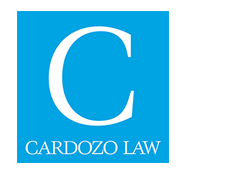Publication Date
2006
Journal
Cardozo Law Review
Abstract
The past twenty years have seen significant changes in the law governing trustees' fiduciary duties. Though fiduciary duty law is a common law creation, recent changes are not a result of common-law evolution, but legislative action. The push to codify trust law, including fiduciary duties, has come from a few sources, including academics, who have argued that trust law should be more uniform, and banking institutions, who have pushed for legislation to ease the burdens of trust management.
In some significant respects, legislative changes to fiduciary duties have not improved upon the common law. In fact, a few important statutes have replaced theoretically sound common law standards with rules that undermine the historical objectives of trust law. In some instances, scholars have justified changes by claiming that they are necessary to protect the non-professional, poorly counseled trustee. But, by and large, it is the large, institutional trustees who have benefited - significantly - from the statutory changes in the rules.
This article argues that recent statutes would be much improved if they differentiated between professional and non-professional trustees. There are critical distinctions between professional and non-professionals: differences in settlor's expectations and objectives, negotiation settings, monitoring costs and the trustee's response to liability rules. These distinctions justify having different fiduciary standards for different types of trustees.
Courts, with their case specific approach to rules, intuitively understand that the identity of the trustee should make a difference in assessing liability for breach of fiduciary duty. Either expressly or implicitly, courts gradually have developed two sets of rules. Thus, changing fiduciary standards to protect the non-professional was never really necessary.
Volume
27
First Page
2713
Publisher
Benjamin N. Cardozo School of Law
Keywords
trusts & estates, fiduciary duty
Disciplines
Law
Recommended Citation
Melanie B. Leslie,
Common Law, Common Sense: Fiduciary Standards and Trustee Identity,
27
Cardozo L. Rev.
2713
(2006).
https://larc.cardozo.yu.edu/faculty-articles/102



